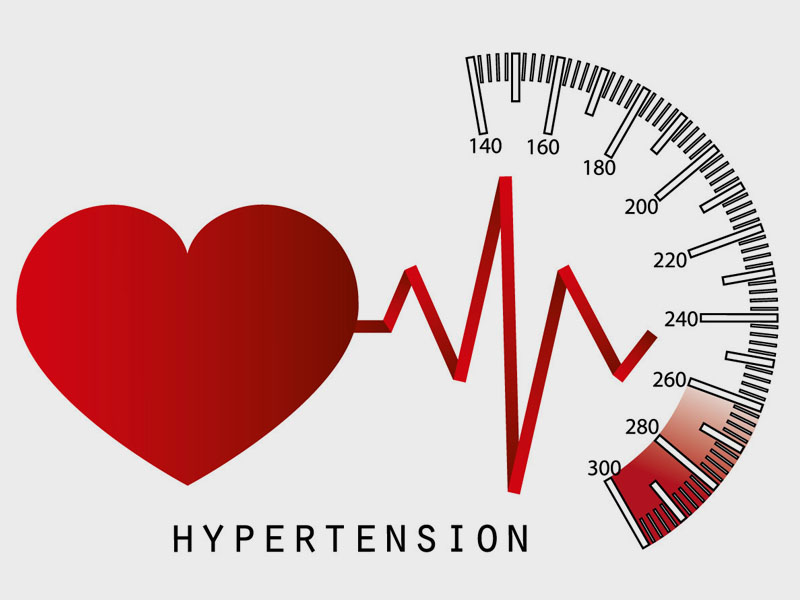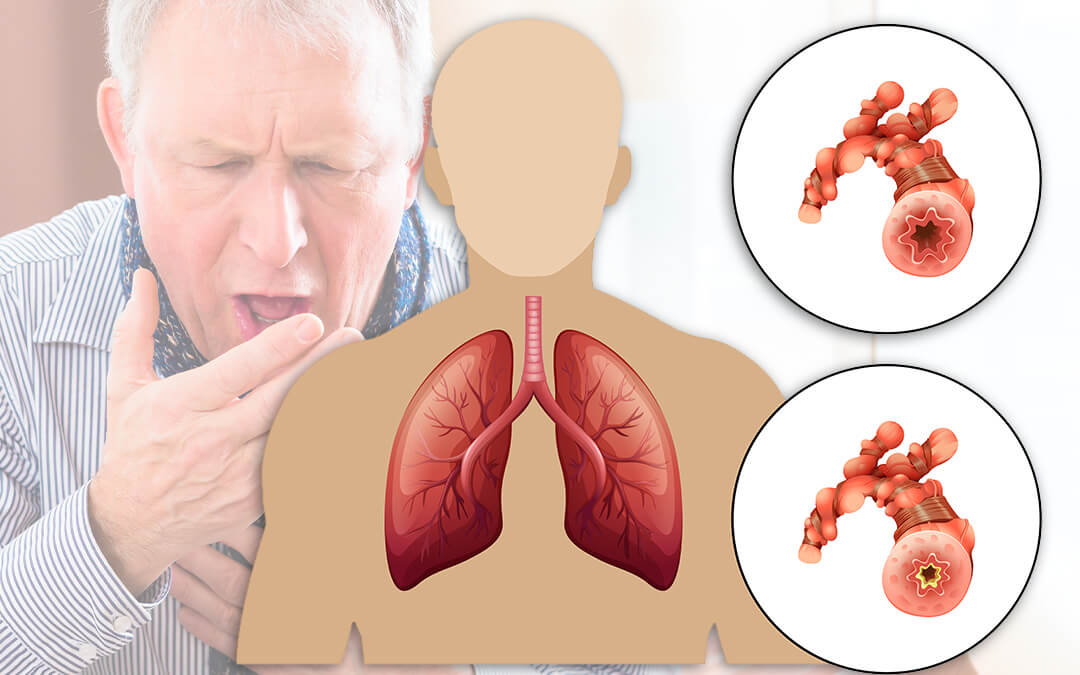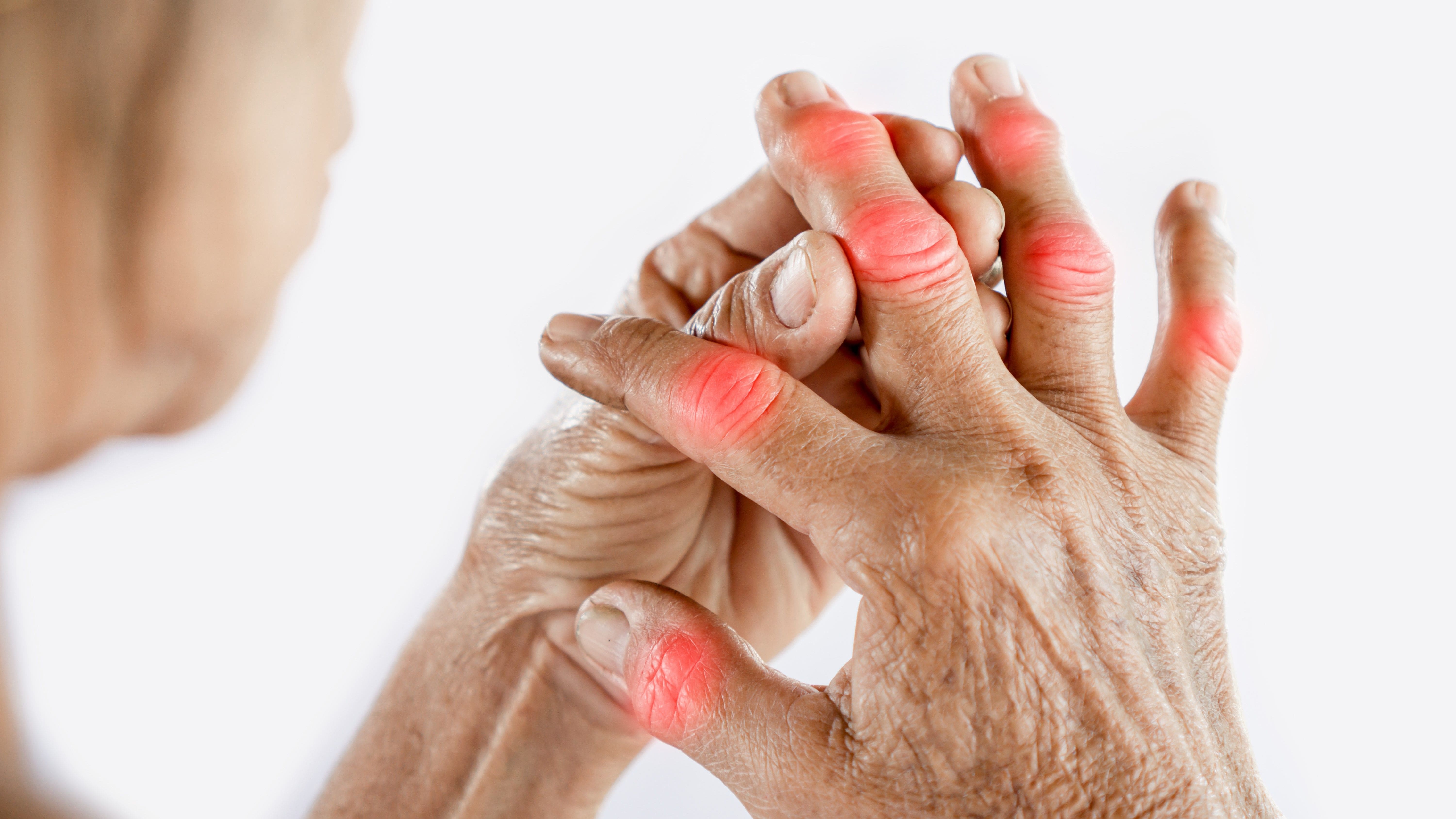
Depression: Understanding, Causes, and Strategies for Well-being
Depression is a mental health condition characterized by persistent feelings of sadness, loss of interest, and a range of physical and emotional challenges. Early recognition and intervention can help improve quality of life and overall well-being.
Common Types of Depression
1. Major Depressive Disorder (MDD)
- Cause: Genetic, environmental, and psychological factors.
- Symptoms: Persistent sadness, fatigue, and changes in sleep or appetite.
- Treatment: Therapy, medication, and lifestyle adjustments.
2. Persistent Depressive Disorder (PDD)
- Cause: Long-term stress or unresolved emotional issues.
- Symptoms: Chronic low mood lasting two years or more.
- Treatment: A combination of therapy and medication over a prolonged period.
3. Seasonal Affective Disorder (SAD)
- Cause: Reduced exposure to sunlight during specific seasons.
- Symptoms: Low energy, irritability, and increased sleep.
- Treatment: Light therapy, exercise, and mental health support.
4. Postpartum Depression
- Cause: Hormonal changes after childbirth.
- Symptoms: Mood swings, anxiety, and difficulty bonding with the baby.
- Treatment: Counseling and support from healthcare providers.
Causes and Risk Factors
- Biological Factors: Imbalances in brain chemicals and hormones.
- Genetics: Family history of depression or other mental health conditions.
- Stress: Major life changes or chronic stress.
- Medical Conditions: Chronic illnesses like diabetes or heart disease.
Prevention Tips
Adopt a Healthy Lifestyle
- Maintain a balanced diet rich in nutrients.
- Engage in regular physical activity to boost mood.
- Ensure adequate sleep to support mental health.
Build a Support System
- Stay connected with friends and family.
- Join support groups for emotional sharing and advice.
- Seek professional help when feeling overwhelmed.
Treatment Options
- Therapy: Cognitive-behavioral therapy (CBT) and interpersonal therapy to address negative thought patterns.
- Medication: Antidepressants prescribed by a psychiatrist to balance brain chemicals.
- Mindfulness: Practices like meditation and yoga to reduce stress and enhance focus.
- Self-care: Engaging in hobbies, journaling, and relaxation techniques.
Complications of Untreated Depression
- Physical Health Issues: Increased risk of heart disease and other chronic conditions.
- Substance Abuse: Use of drugs or alcohol to cope with symptoms.
- Impaired Relationships: Strained connections with loved ones due to mood swings and withdrawal.
- Risk of Suicide: Severe cases may lead to thoughts of self-harm or suicide.
Role of Healthcare Facilities
- Comprehensive Assessment: Accurate diagnosis through mental health evaluations.
- Specialist Care: Support from psychologists, psychiatrists, and counselors.
- Tailored Treatment: Personalized plans including therapy and medication.
- Emergency Support: Crisis intervention and 24/7 helplines for immediate assistance.
Conclusion
Depression is a serious but treatable condition that requires understanding, compassion, and timely intervention. By seeking professional help, building a strong support network, and adopting healthy habits, individuals can manage symptoms and lead fulfilling lives. Take the first step toward recovery today!













